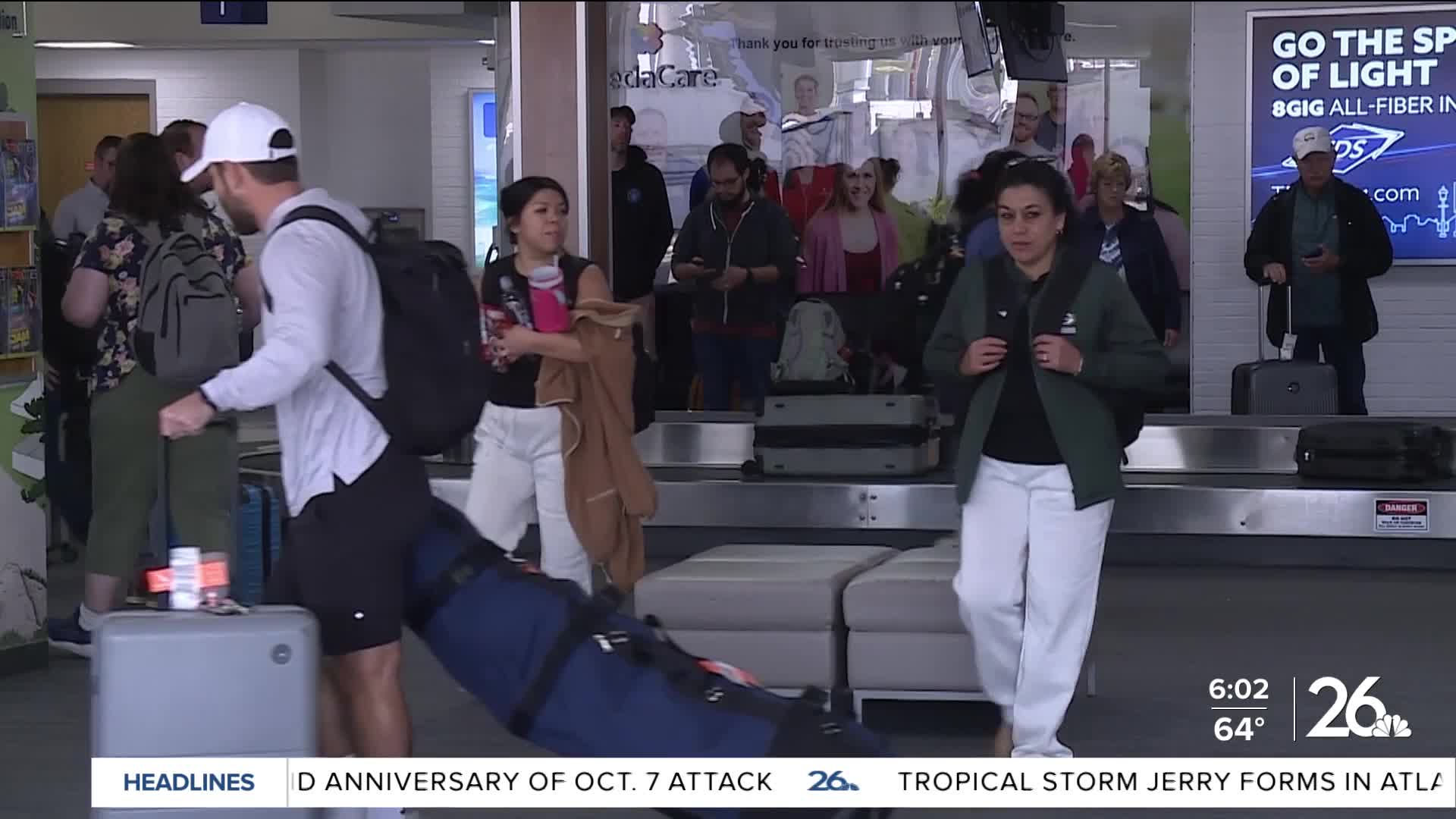As the government shutdown continues, airports nationwide are feeling the impact. Air traffic controllers are still showing up to work, but they're not receiving paychecks for their essential services.
The situation raises concerns about safety and operational capacity as travelers head into the busy holiday season.
The controllers are classified as essential workers, but the financial strain is mounting.
WATCH THE FULL STORY HERE:
"I think these guys should be paid. They're working for the government, and the government should pay them," said Faith Higgins, a traveler.
RELATED STORY | The government shutdown is starting to bite at US airports
The stress on controllers is compounding existing challenges in the aviation system. Dr. Mike McCormick from Embry-Riddle Aeronautical University explained the growing pressure on these workers.
"Most controllers are already working six-day work weeks. So with the shutdown, having to come to work and not get paid, that's another level of stress," McCormick said.
McCormick says the Federal Aviation Administration was already facing a shortage of approximately 3,000 controllers nationwide before the shutdown began. The longer the shutdown continues, the greater the potential ripple effects on air travel.
"It doesn't mean they shut down, but it's an advisory that there may be workload issues and they may need to dial down the system," McCormick adds.
The economic impact extends beyond individual paychecks. The U.S. Travel Association reports that the travel economy could lose $1 billion every week the shutdown continues.
Despite nationwide concerns about delays and staffing shortages, some airports report smooth operations. Abe Weber, director of Appleton International Airport, said his facility hasn't experienced disruptions.
"We haven't seen any changes in our operation. Our TSA staff are essential employees; they're showing up and providing safe, efficient service," Weber said.
For travelers like Lisa Vanderplat, the continued normal operations provide some reassurance during uncertain times.
"I've been checking flight delays because of this flight — and so far we're on time. Hopefully it'll stay that way," Vanderplat said.
Historical precedent suggests that air traffic disruptions could influence political action. During the 2019 shutdown, mounting pressure from air traffic disruptions helped push Congress to act.
Whether history repeats itself this time may depend on how long controllers are asked to work without pay.
This article was written by Nina Sparano for the Scripps News Group in Green Bay.
This story was reported on-air by a journalist and has been converted to this platform with the assistance of AI. Our editorial team verifies all reporting on all platforms for fairness and accuracy.




